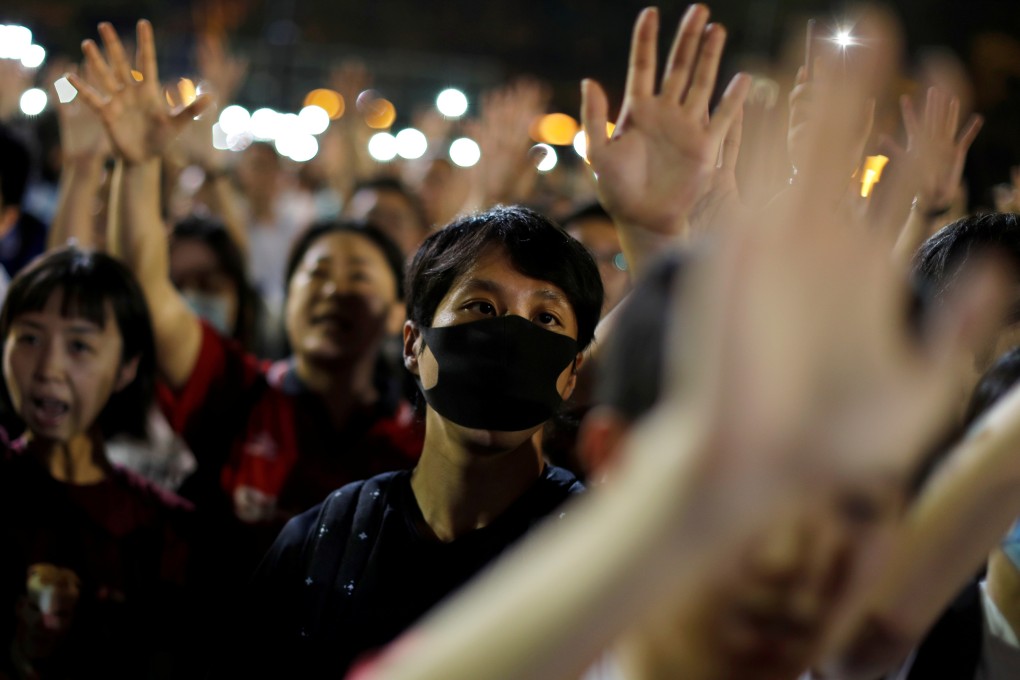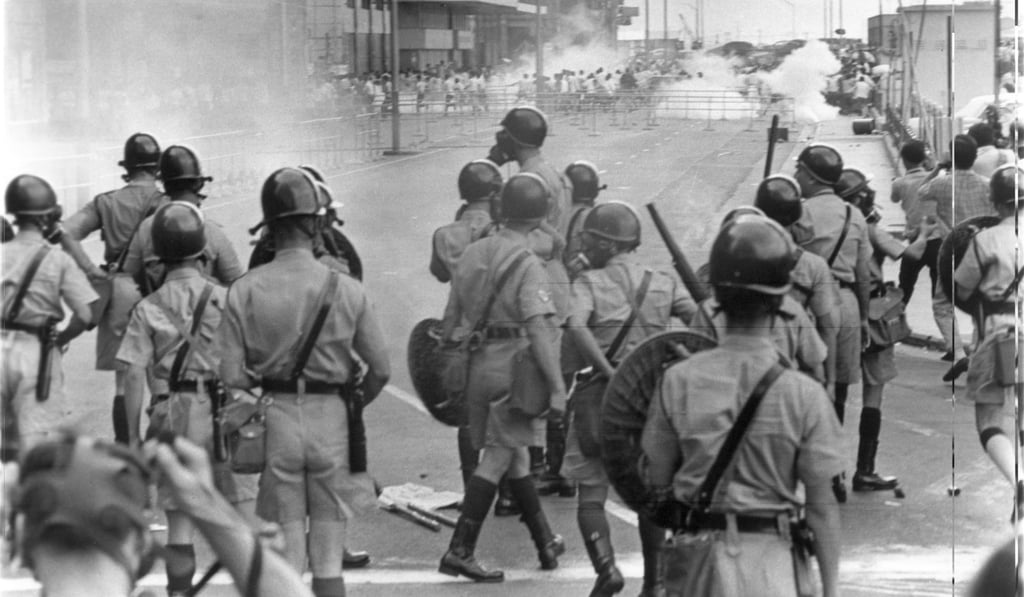Opinion | Mired in protests, Hong Kong should brace itself for a takeover by mainland Chinese interests and capital
- The city that has already witnessed two major power transfers in the past 50 years is going through its third, as mainland companies become more influential than the local business elite. However the unrest ends, a wave of migration is expected to hit

Hong Kong is again at a crossroads. Since politics and economics are codependent, when there is political turmoil, we can expect capital to be relocated.
Over the past 50 years, as Hongkongers worked hard to transform their home into an international financial centre, there have been two major power and capital transfers. It seems to many that a third one is happening.
The first transfer took place after the 1967 leftist riots, when enterprising local businessmen rose to power. The traditional tycoon class at the time feared that the Chinese Communist Party would take back the city by force. They lost confidence in Hong Kong’s economy and took their capital elsewhere. Some even emigrated.
This gave adventurous local property developers the opportunity to acquire farmland at low prices. It coincided with the colonial government’s move away from a laissez-faire strategy to reform housing, education, health care and social welfare. The government’s high land price policy provided developers with a golden opportunity to make a fortune, laying the foundation for their multibillion-dollar real estate kingdoms today.

